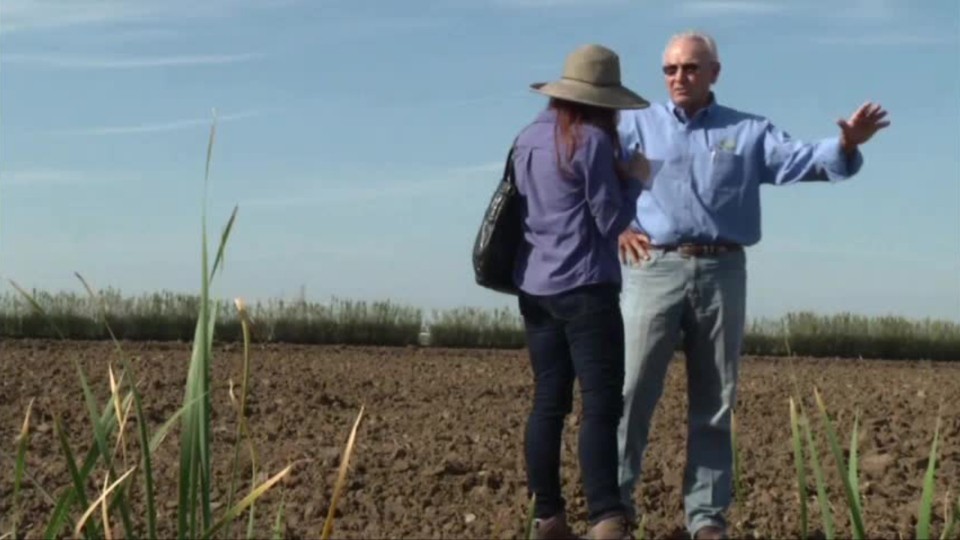Range Managers
Natural Resource Specialist, Range Technician, Rangeland Management Specialist, Resource Manager
 Select a military branch to see samples.
Select a military branch to see samples.
Special Reconnaissance; Special Reconnaissance Apprentice; Special Reconnaissance Craftsman; Special Reconnaissance Helper; Special Reconnaissance Journeyman; Tactical Air Control Party (TACP); Tactical Air Control Party (TACP) Apprentice; Tactical Air Control Party (TACP) Craftsman; Tactical Air Control Party (TACP) Helper; Tactical Air Control Party (TACP) Journeyman
No similar titles were found.
No similar titles were found.
Environmental Engineering Management Officer
No similar titles were found.
No similar titles were found.
What they do:
Research or study range land management practices to provide sustained production of forage, livestock, and wildlife.
On the job, you would:
- Regulate grazing, such as by issuing permits and checking for compliance with standards, and help ranchers plan and organize grazing systems to manage, improve, protect, and maximize the use of rangelands.
- Manage forage resources through fire, herbicide use, or revegetation to maintain a sustainable yield from the land.
- Coordinate with federal land managers and other agencies and organizations to manage and protect rangelands.
Knowledge
Math and Science
- biology
- geography
Arts and Humanities
- English language
Safety and Government
- law and government
- public safety and security
Business
- administrative services
Skills
Basic Skills
- listening to others, not interrupting, and asking good questions
- reading work related information
Problem Solving
- noticing a problem and figuring out the best way to solve it
People and Technology Systems
- thinking about the pros and cons of different options and picking the best one
- figuring out how a system should work and how changes in the future will affect it
Abilities
Verbal
- communicate by speaking
- read and understand what is written
Ideas and Logic
- notice when problems happen
- make general rules or come up with answers from lots of detailed information
Personality
People interested in this work like activities that include practical, hands-on problems and solutions.
They do well at jobs that need:
- Integrity
- Dependability
- Attention to Detail
- Intellectual Curiosity
- Leadership Orientation
- Perseverance
Technology
You might use software like this on the job:
Analytical or scientific software
- SAS
- The MathWorks MATLAB
Presentation software
- Microsoft PowerPoint
Data base user interface and query software
- Microsoft Access
- National Resources Conservation Service Ecological Site Information System ESIS
Education
Education: (rated 4 of 5)
bachelor's degree
usually needed
usually needed
Job Outlook
Average
New job opportunities are likely in the future.
Explore More
- Conservation Scientists
- Environmental Restoration Planners
- Foresters
- Industrial Ecologists
- Soil & Plant Scientists
You might like a career in one of these industries:
See more details at O*NET OnLine about Range Managers.





